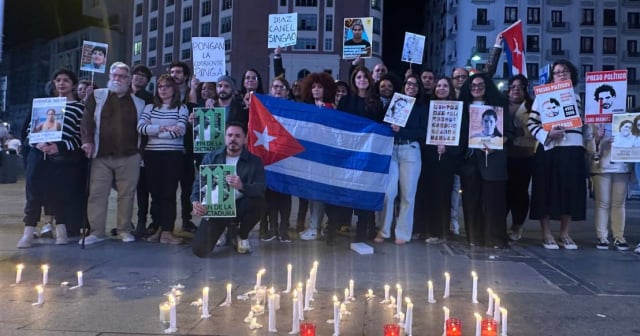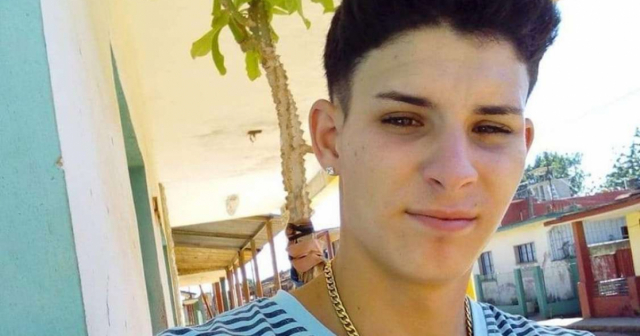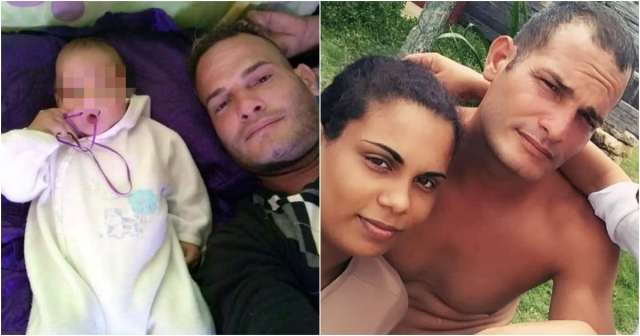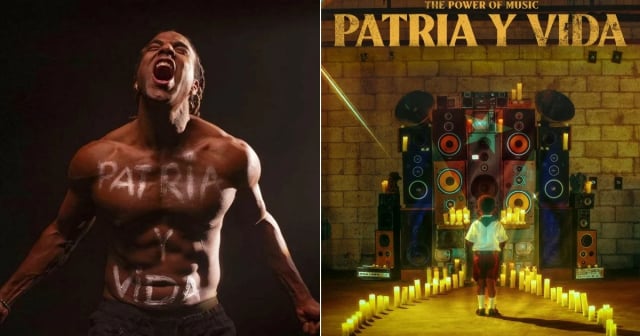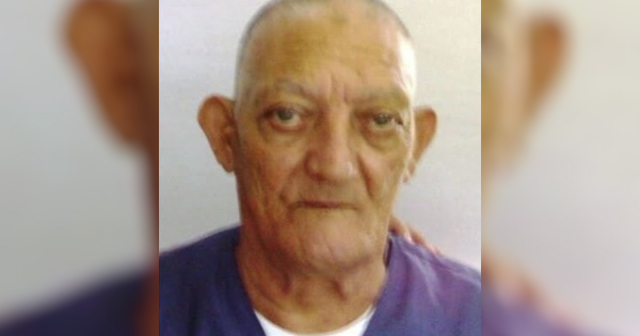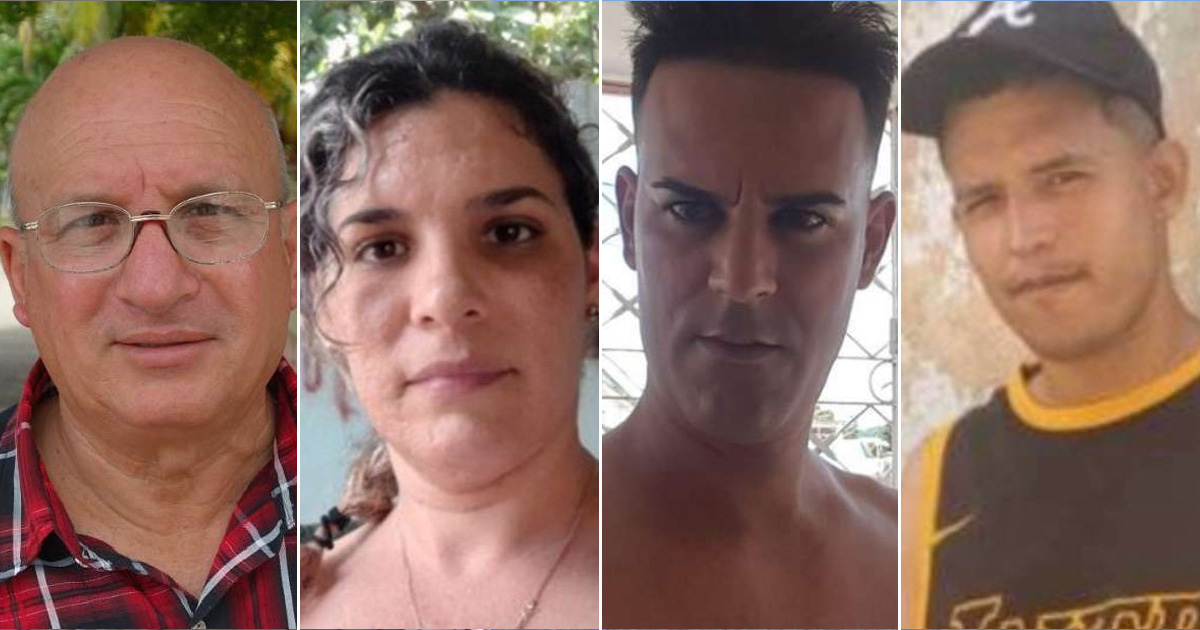
Four Cubans were declared prisoners of conscience this Wednesday by the NGO Amnesty International (AI): the opposition member Félix Navarro; his daughter and journalist Sayli Navarro; the July 11, 2021 protester Roberto Pérez Fonseca, and the activist Luis Robles.
Through a statement, AI demanded their "immediate and unconditional release" and denounced the context of "systematic human rights violations" and the repression of any form of dissent on the island, the EFE agency reported.
The director of the Americas for AI, Ana Piquer, highlighted that this recognition of the prisoners reflects the "bravery and resilience" of those fighting for human rights on the island, despite the "permanent repression."
Félix Navarro, a 71-year-old political opponent and founder of the Party for Democracy Pedro Luis Boitel, is serving his third political sentence despite his delicate health. His daughter, Sayli Navarro, co-founder of the Ladies in White, was detained after participating in the 11J protests alongside her father.
Luis Robles was imprisoned in 2020 for peacefully protesting with a sign demanding "freedom" for the rapper Denis Solís, while Roberto Pérez Fonseca, convicted after the protests of July 11, faces charges of contempt and public disorder. He also recalled that the UN Working Group on Arbitrary Detention had already declared his detention arbitrary.
With these new appointments, the list of prisoners of conscience in Cuba by AI grows significantly. Previously, the organization had already declared prominent figures such as opposition leader José Daniel Ferrer, artists Luis Manuel Otero Alcántara and Maykel Osorbo, and Yoruba priests Loreto Hernández García and Donaida Pérez Paseiro as such.
Amnesty emphasized that its goal is not to encompass all those who meet these conditions, but to highlight representative cases to attract international attention.
Similarly, he warned about a "new wave of repression" in Cuba, with an "alarming increase in harassment and arbitrary detentions" against activists, journalists, and independent media during September.
The organization criticized the deterioration in the health and physical integrity conditions of incarcerated individuals, as well as the increase in state campaigns aimed at delegitimizing media outlets such as El Toque, Cubanet, and Periodismo de Barrio, among others, accusing them of being "mercenaries" and maintaining ties with the political opposition.
What do you think?
COMMENTFiled under:

